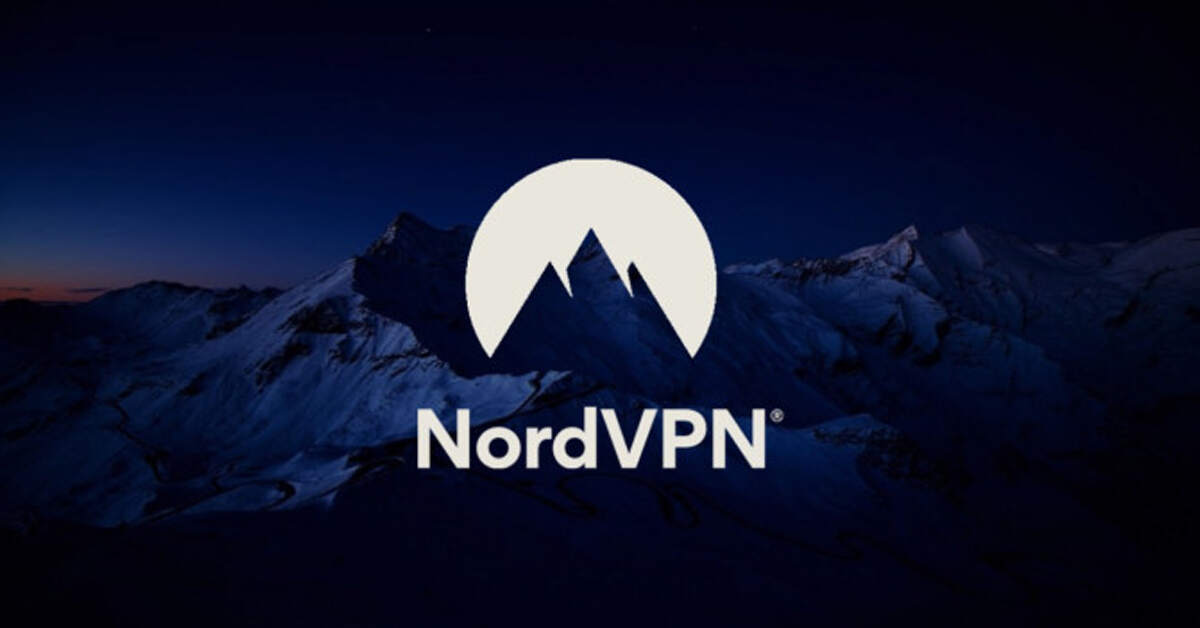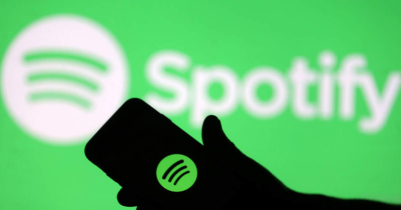Eye News Desk
VPNs are going mainstream, and so are their trust issues

At the former site of a Soviet-era sock factory in Vilnius, the old-world capital of Lithuania, NordSec BV's new headquarters is rising in a clatter of construction workers and scaffolding. Soon the startup's roughly 2,000 employees will gather near the remains of a brick smokestack for basketball and rooftop barbecues at a sleek complex that wouldn't look out of place in San Francisco.
When co-founders Tom Okman and Eimantas Sabaliauskas invested in the factory property four years ago, it was still making hosiery. Now the sign at the bus stop out front reads Vienaragiu, the Lithuanian word for "unicorn." The Silicon Valley-style conspicuousness is new for Okman and Sabaliauskas, who spent close to a decade developing NordSec and its principal brand, Nord Security, while keeping a low profile. It's also a little unusual for a company that is, after all, in the privacy business.
If you've heard of Nord, that's probably because of its virtual private network software, NordVPN. By design, VPNs hide what you're looking at online, and where you're looking from, by routing traffic through an encrypted "tunnel" to other servers around the world. Subscriptions start at $3.29 a month, and NordVPN's app filters users' web activity through roughly 5,500 servers in 60 countries. Someone browsing in Vilnius might appear, to websites and ad trackers, to be sitting in Miami, Osaka, São Paulo or any of the almost 100 other cities where the company keeps hardware. Depending on whom you ask, VPNs offer much-needed privacy and freedom from snooping corporations and governments, or simply a way to stream Netflix or ESPN+ in places where they're blacked out.
Read More
- 32 megapixel camera new phone Tecno Spark 10 Pro
- Google Bard now in Bangladesh
- Samsung Galaxy A54 5G: A perfect price fit!
- Tottering from Twitter to Threads
- Elon Musk`s SpaceX hires 14-year-old Bangladeshi-American Kairan
- Refreshing only increases the speed of the computer?
- Twitter lost a huge number of subscribers
- boAt products now officially available in Bangladesh
- The Godfather of AI quits Google; warns of impending danger
- 4 websites to track Cyclone Mocha in real-time






























